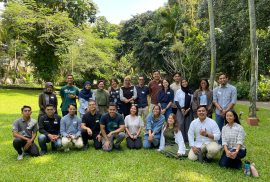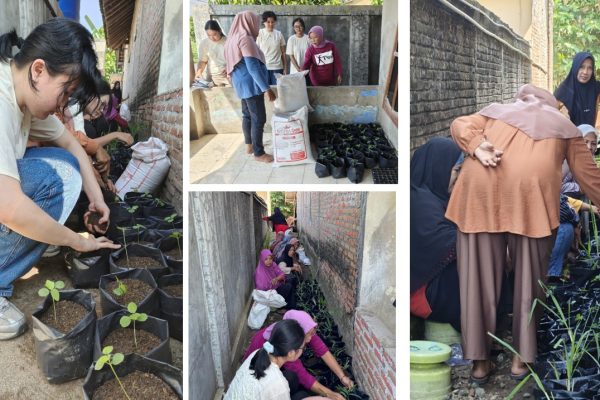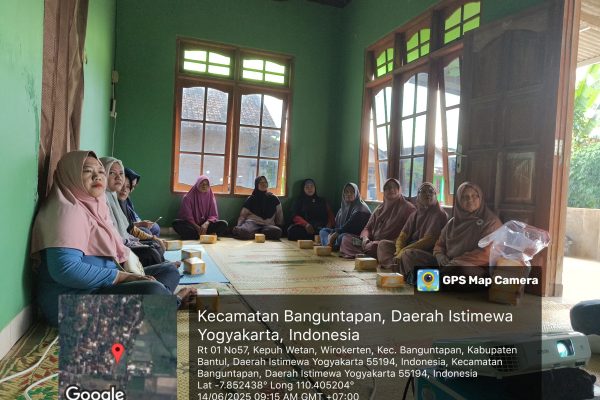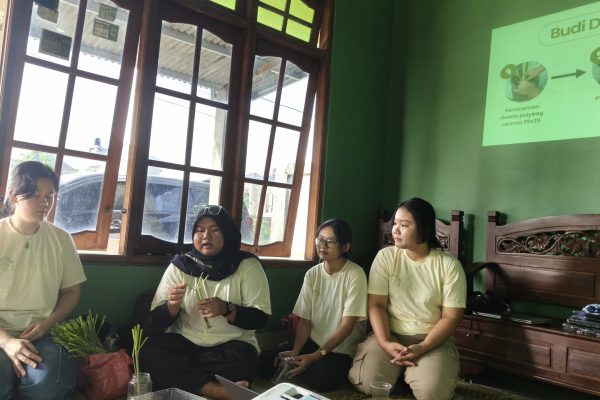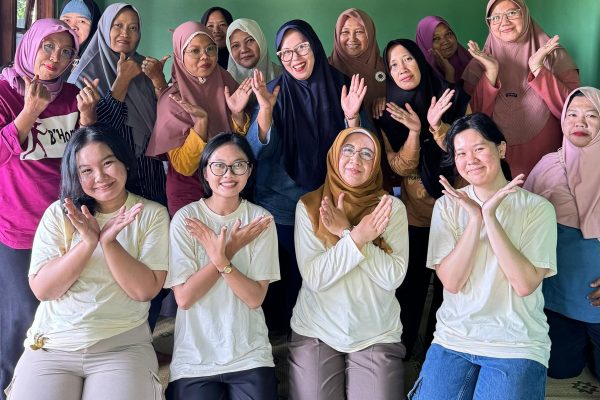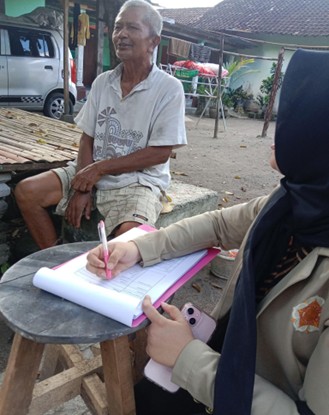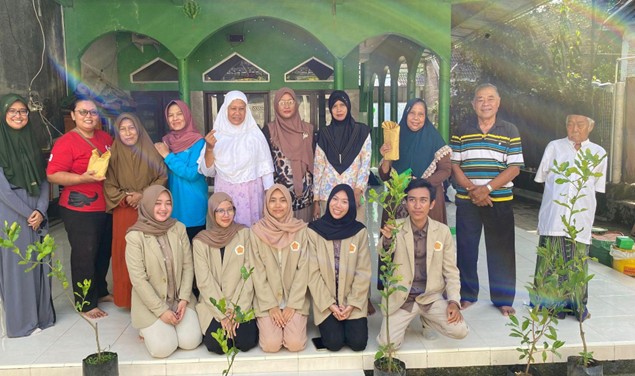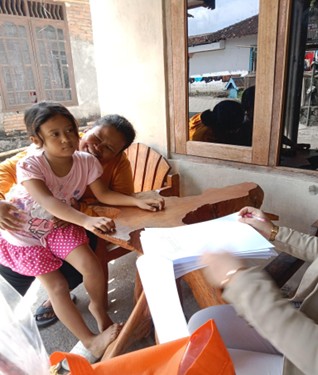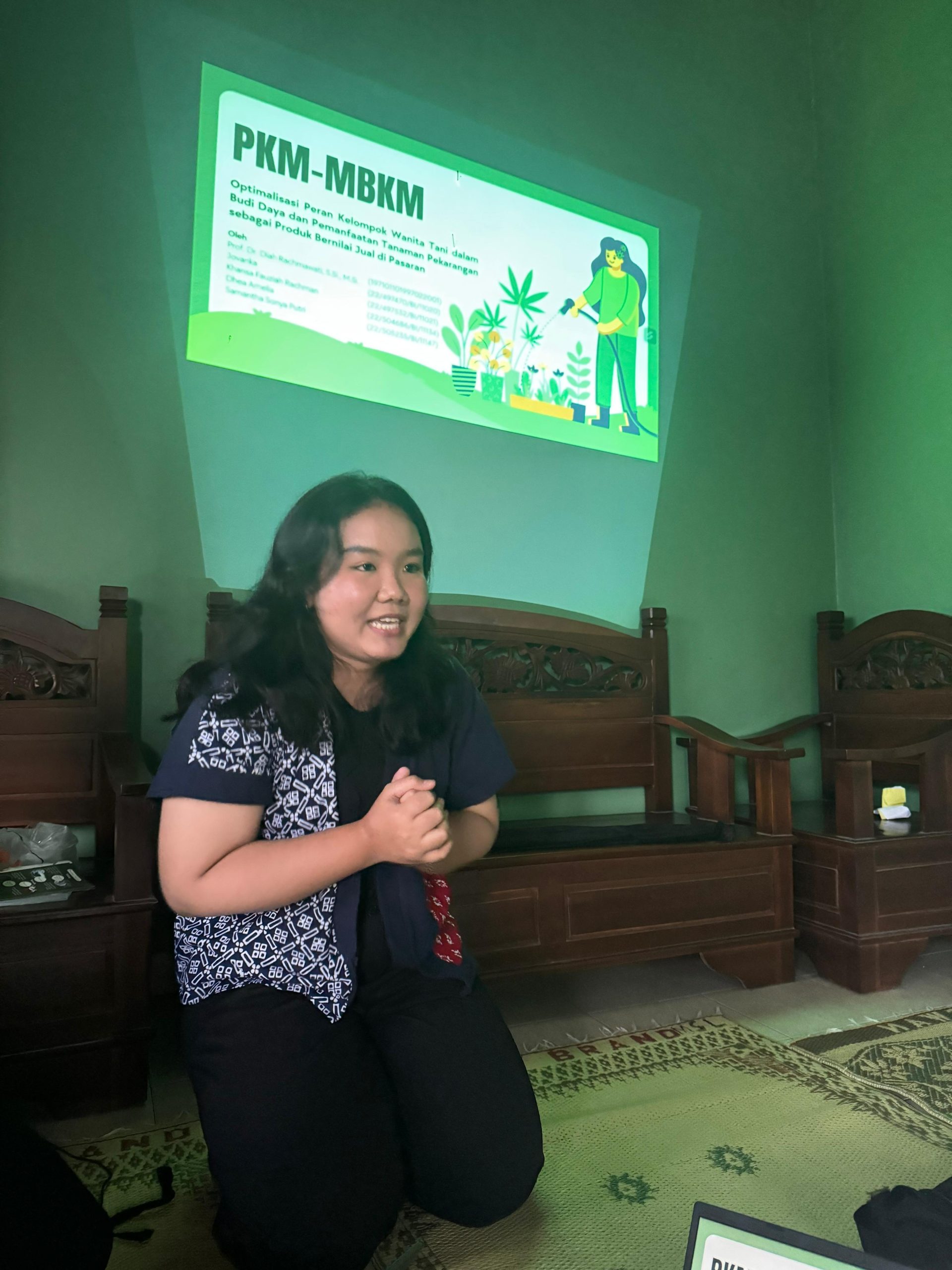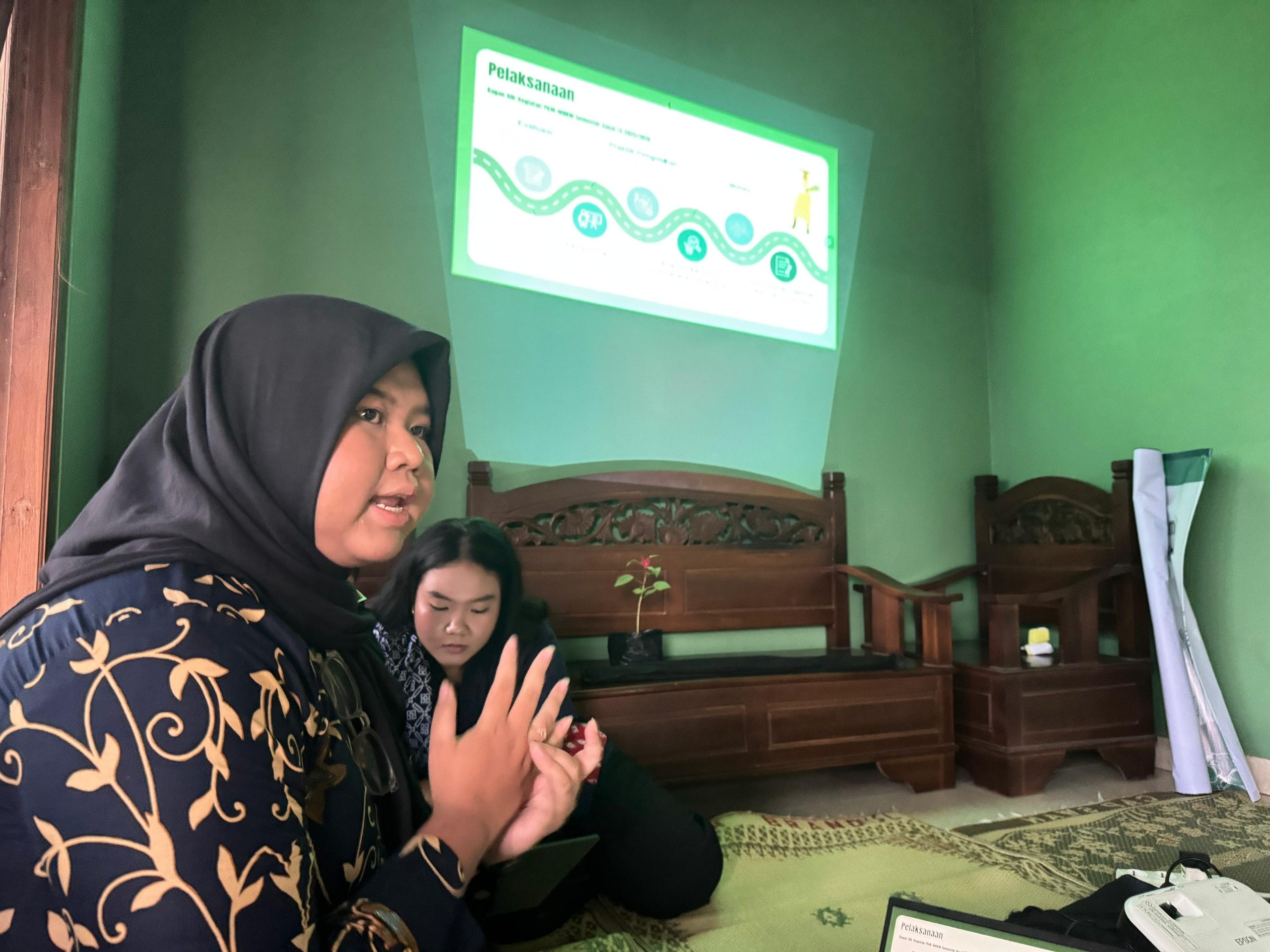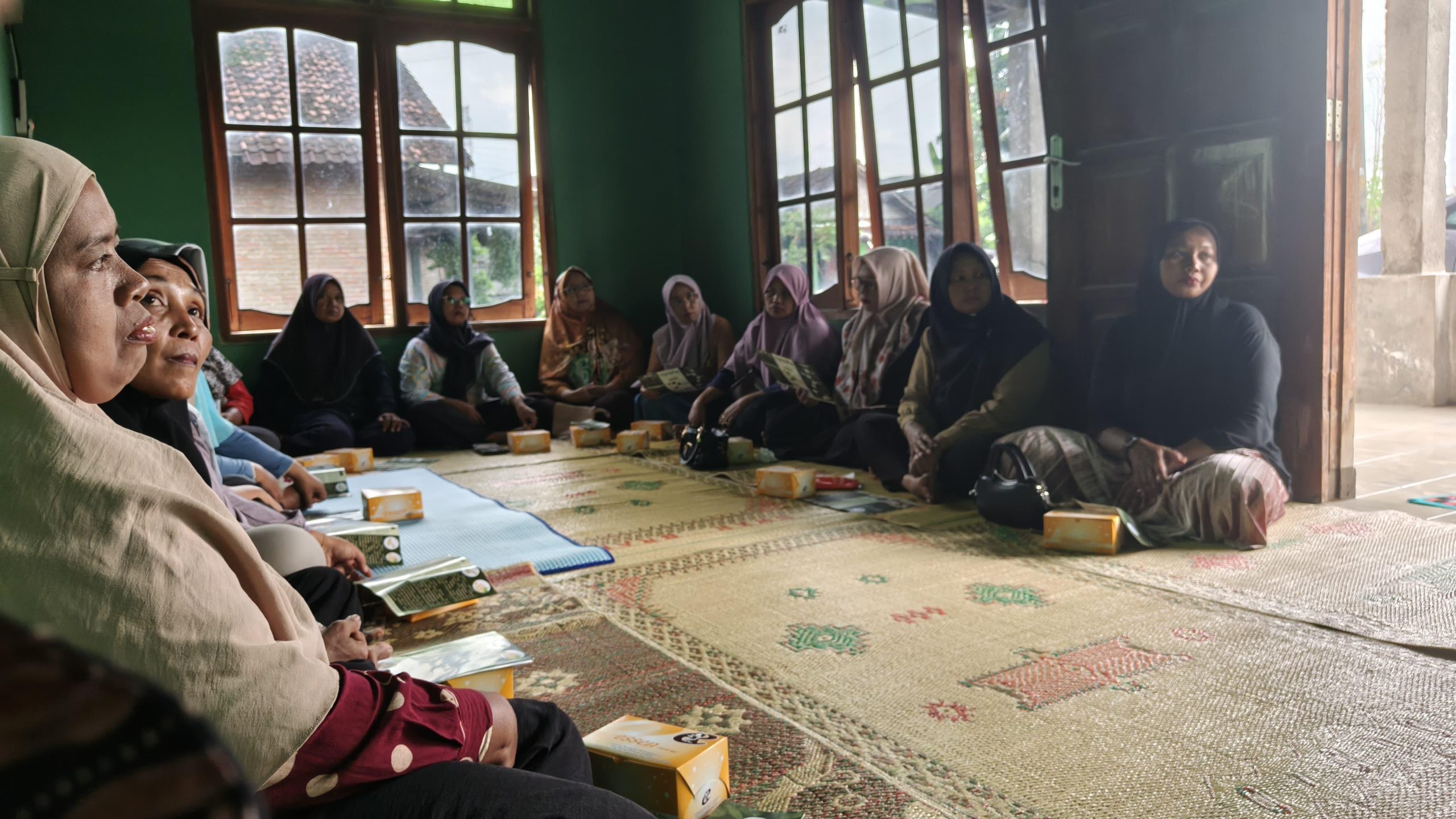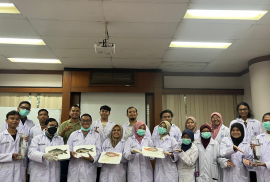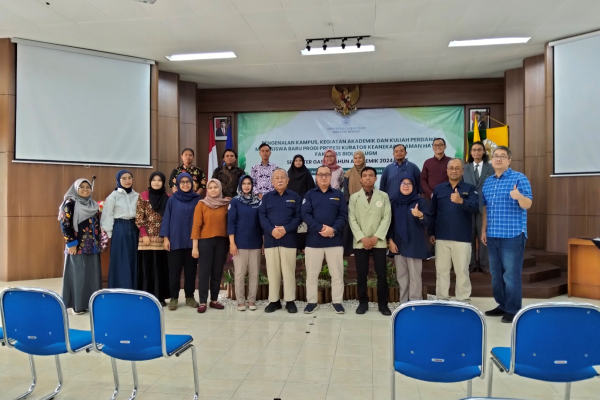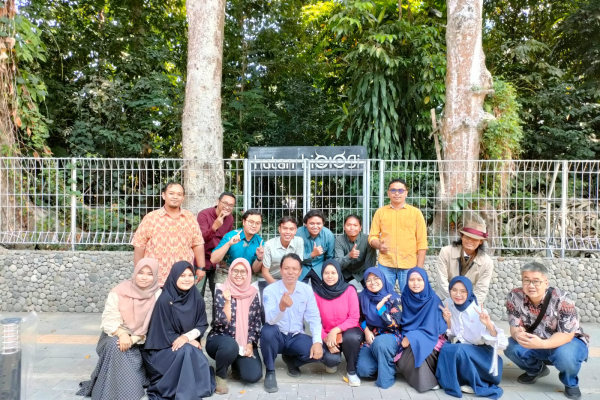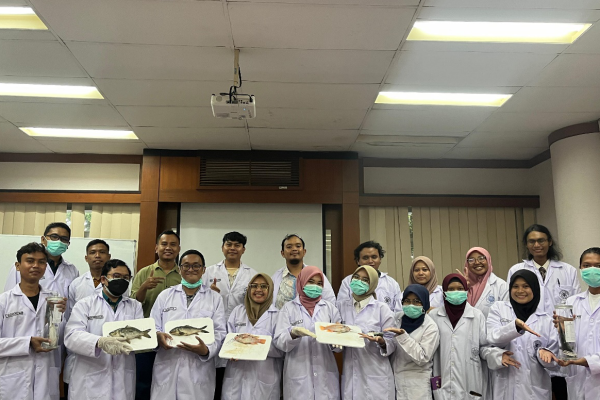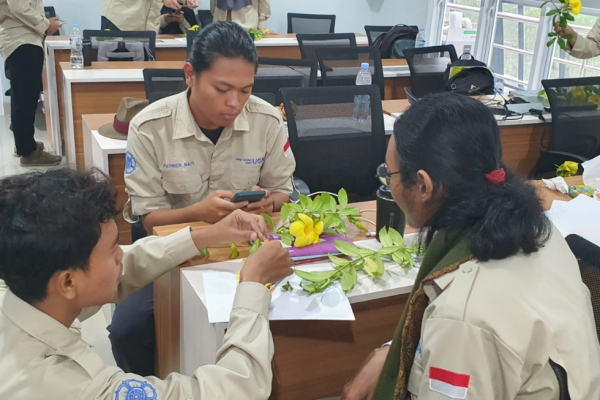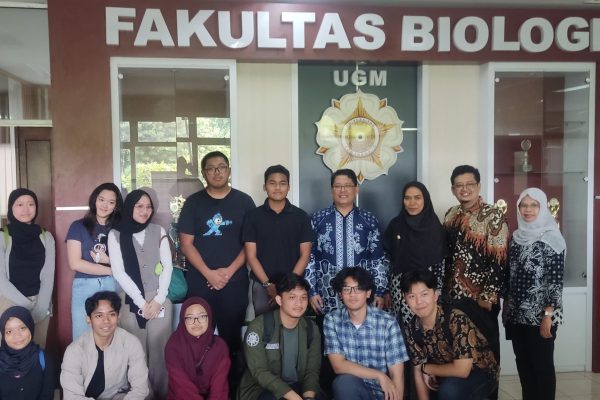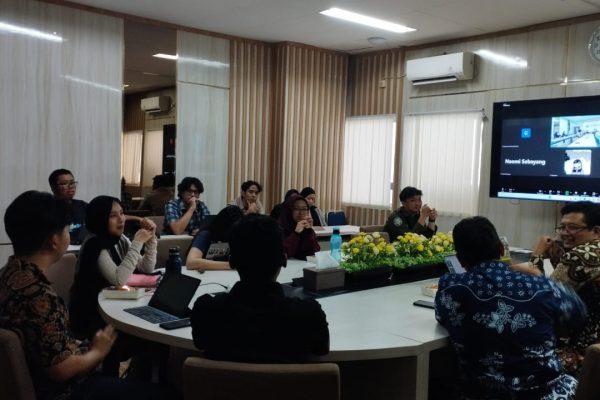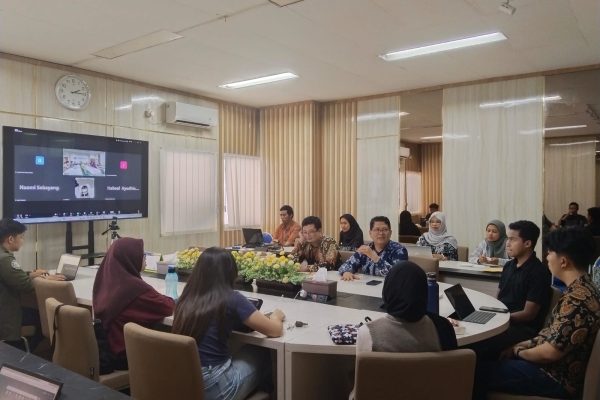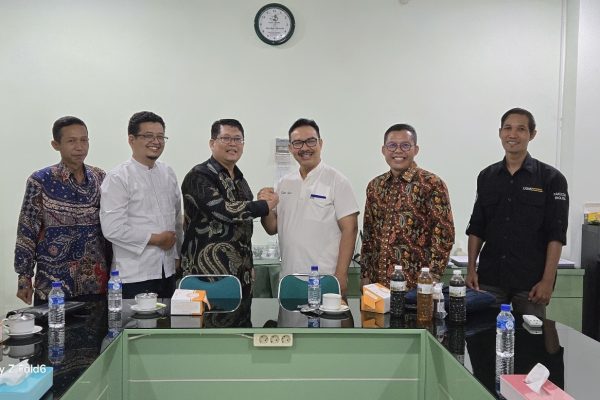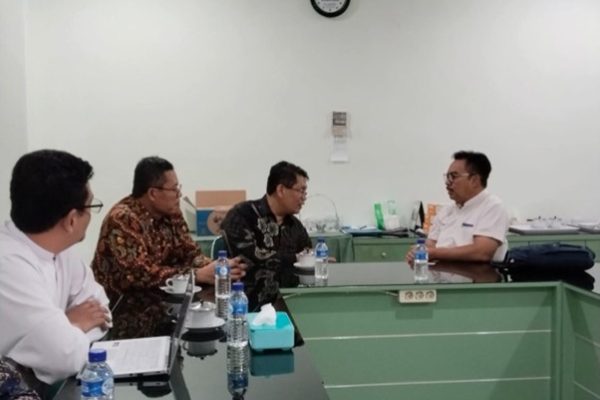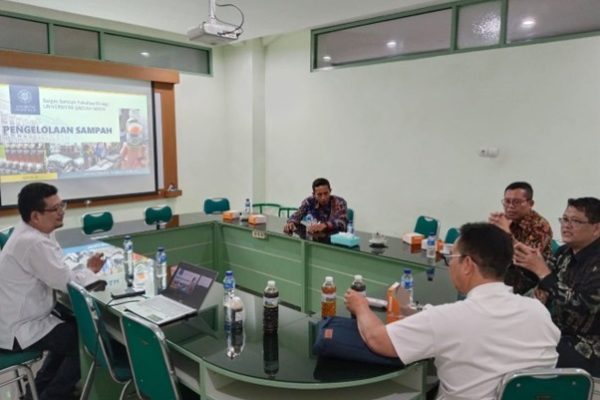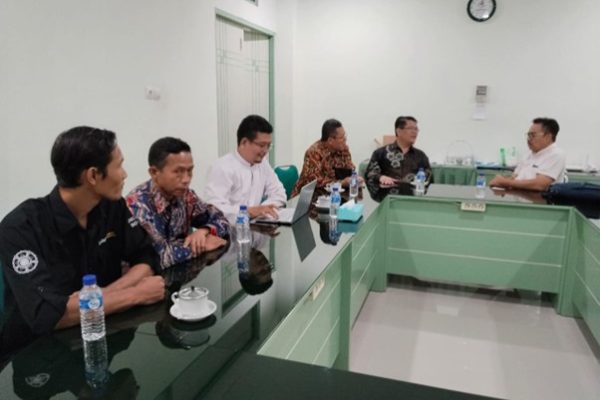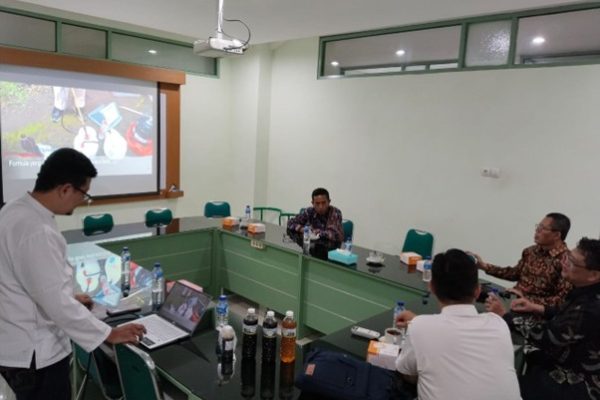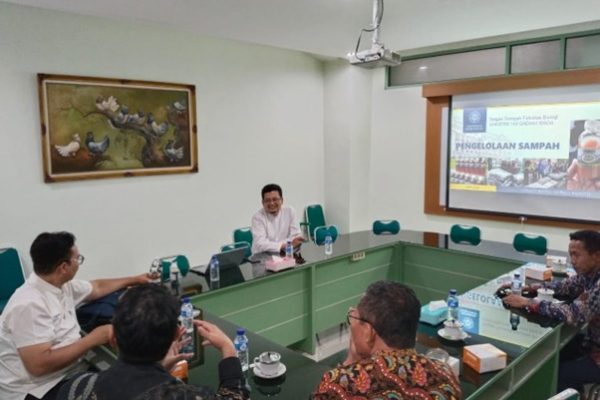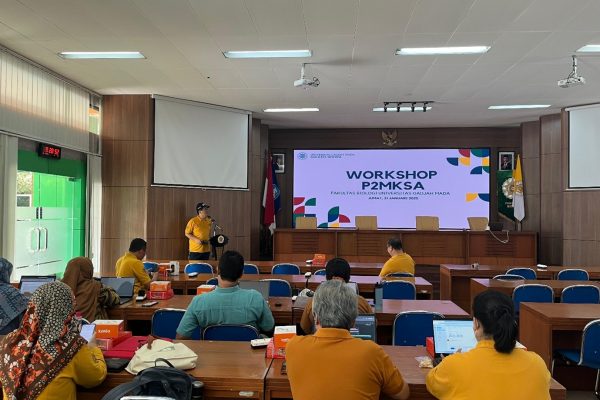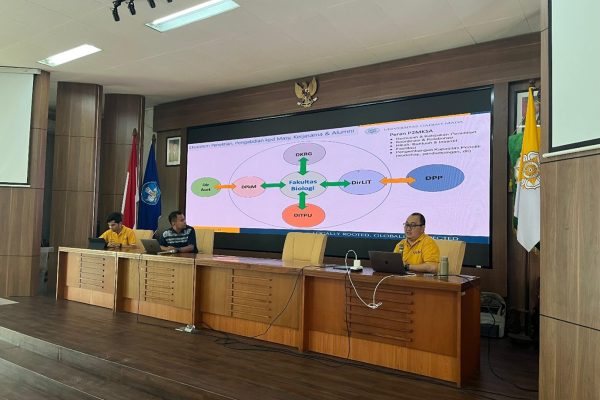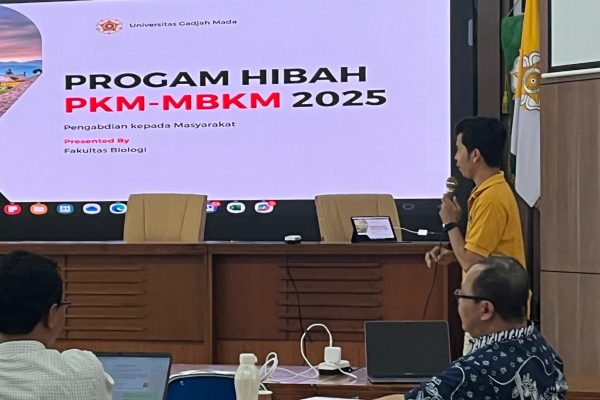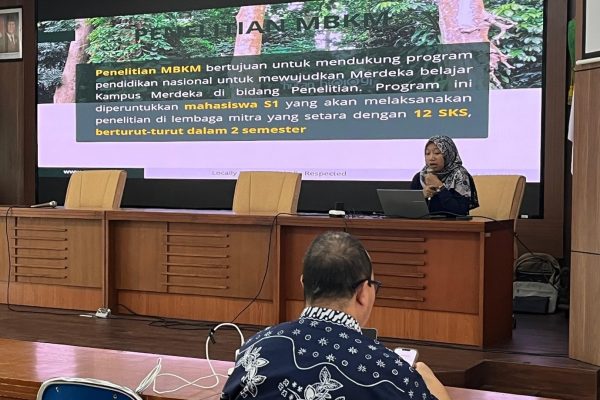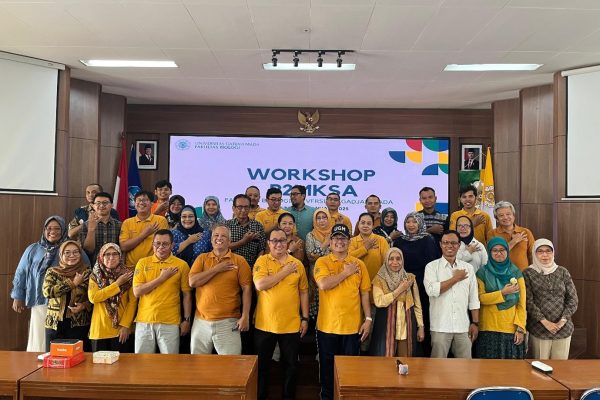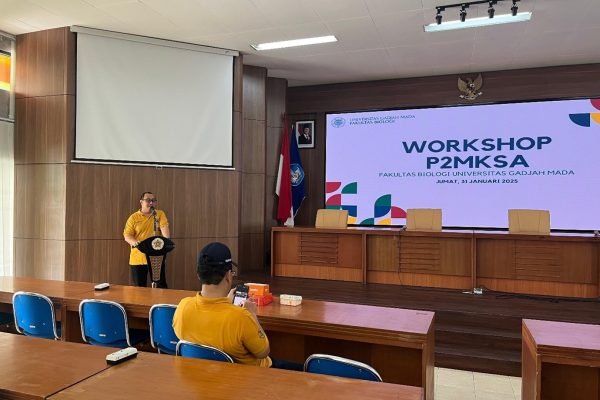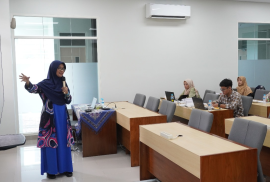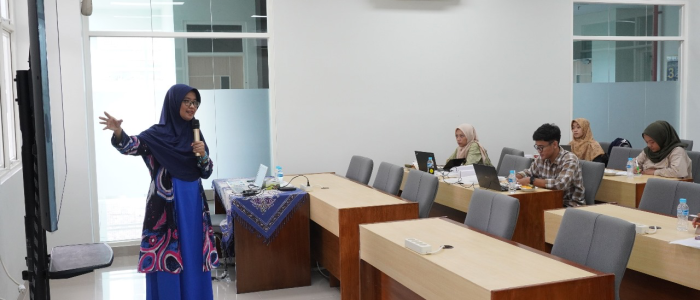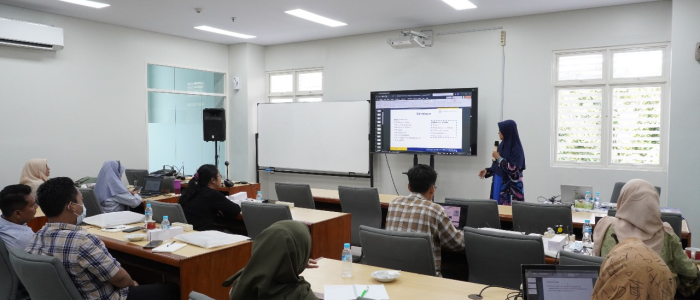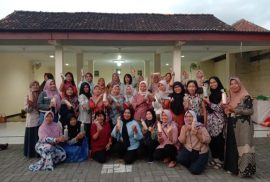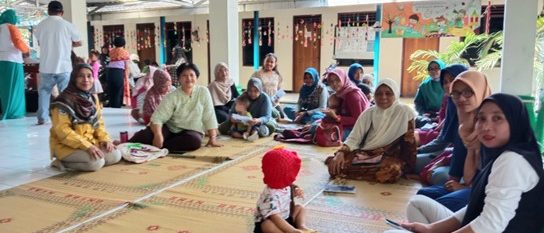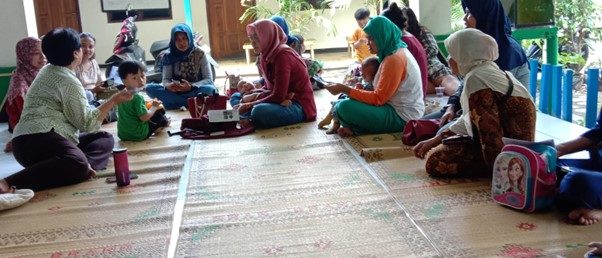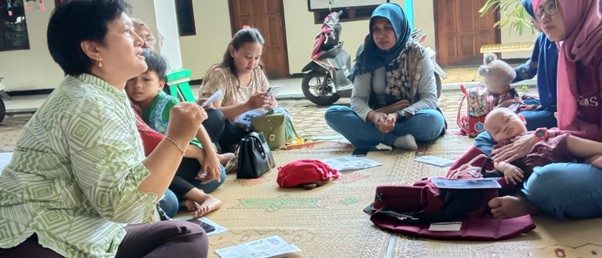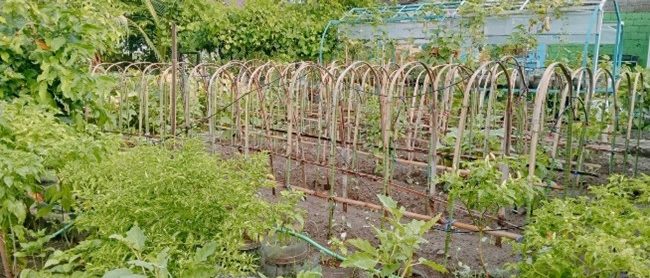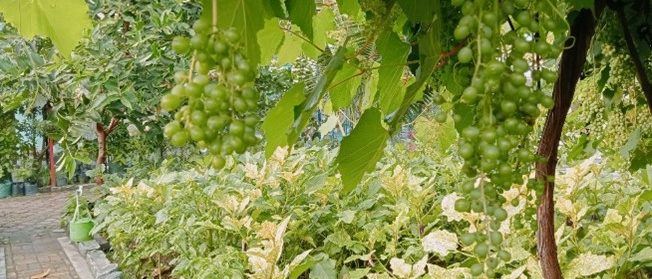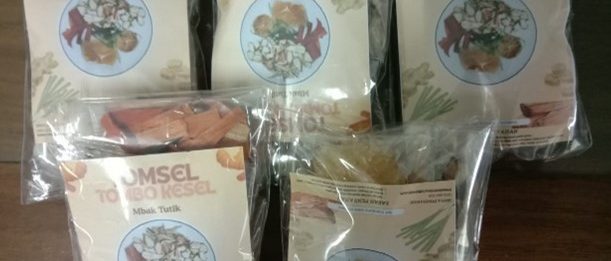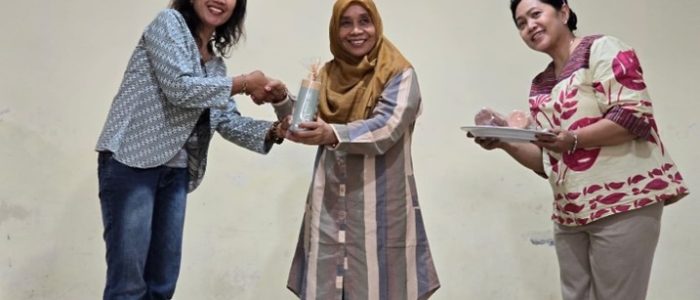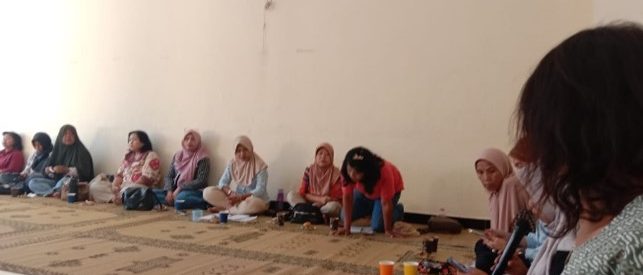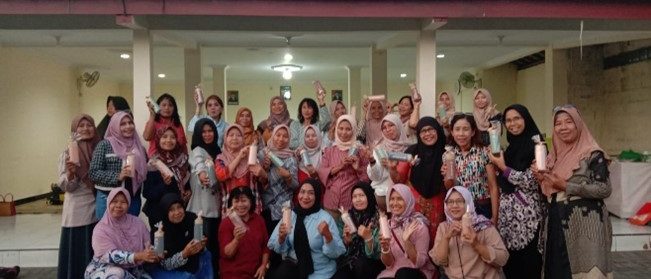SDG 8 : Create Decent Work and Economic Growth
Authors:
Ardaning Nuriliani, Chelsy Ammara Septiani, Syifa Aneira, Meinawa Amaliah, Nimas Ayu Pramesthi, Muhammad Fathin Setya Daffa
This initiative contributes to the achievement of the United Nations Sustainable Development Goals (SDGs), specifically Goal 8: Decent Work and Economic Growth and Goal 12: Responsible Consumption and Production.
Yogyakarta, February 13, 2024 – The Faculty of Biology, Universitas Gadjah Mada (UGM) held a release ceremony for the participants of the Sakura Science Exchange Program 2025 in the Yamagata University, Japan, on Thursday, February 13, 2024. The event, which was held in a hybrid manner, was attended by a number of faculty leaders, staff, and student participants of the program.
The Dean of the Faculty of Biology UGM, Prof. Dr. Budi Setiadi Daryono, M.Agr.Sc., in his remarks conveyed the importance of maintaining the good name of Indonesia and Universitas Gadjah Mada in front of the program participants. “Students are representatives of Indonesia and Universitas Gadjah Mada. During this program, you are asked to always maintain a disciplined attitude, be punctual, and help each other as participants. This is important to reflect the values upheld by UGM,” he said.
During this period, the Faculty of Biology UGM sent 16 students, consisting of 8 students who received scholarships and 8 students who were self-funded. The departing students will take part in training at Yamagata University and get the opportunity to learn more about Japanese culture. During the program, participants will be accompanied by Vice Dean for Academic and Student Affairs, Prof. Dr. Bambang Retnoaji, M.Sc., and guidance from Prof. Jun Yokoyama, who will guide them while in Japan.
The event was also attended by the Head of the Undergraduate Study Program, Sukirno, M.Sc., Ph.D., OIA Manager, Nur Indah Septriani, M.Sc., Ph.D., and the Coordinator of Academic and Student Affairs, Emi Dwi Suryanti, M.Sc. along with staff and students participating in the program.
The Sakura Science Exchange Program 2025 is an important opportunity for students of the Faculty of Biology UGM to develop their knowledge and skills through international collaboration and introduction to the rich Japanese culture.
With this program, the Faculty of Biology UGM hopes to continue to strengthen international cooperation, open wider learning opportunities, and form students who are ready to contribute at the global level.
“I highly appreciate the role of young lecturers in drafting this Master Plan and other programs. They are the next generation who will lead the Faculty of Biology toward greater progress and innovation,” he added.
“This Master Plan will be a strategic document that not only guides the faculty’s research and community service but also plays an important role in the accreditation process. With proper planning and the support of all lecturers, we can continuously improve the academic quality and contribution of the Faculty of Biology UGM, both nationally and internationally,” said Prof. Budi.
On Saturday, October 26, 2024, a community service activity titled “Training on Health Beverage Production from Garden and Community Service Evaluation” was held at the Mrican Village Meeting Hall. The event was attended by members of the Srikandi Women Farmers Group, led by Mrs. Nur Handayani. The training and educational sessions were delivered by Dr. Dra. Rr. Upiek Ngesti W.A., DAP&E, M.Biomed., accompanied by Prof. Dr. Niken Satuti Nur Handayani, M.Sc., and Nur Indah Septriani, M.Sc., Ph.D.
During the training, participants produced a health beverage based on “herbal plant concoctions with medicinal benefits,” branded as “TomSel”, an abbreviation of “tombo kesel” (Javanese for “cure for exhaustion”). The product will be showcased at the upcoming Research Day event hosted by the Faculty of Biology, UGM. Alongside the preparation of the health beverage, the session also covered techniques for creating attractive and sustainable packaging, as well as strategies for effective marketing.
The activity included a feedback session where community members, represented by Srikandi group members, shared their impressions with the Desa Mitra (Partner Village) service team as part of the evaluation. The event concluded with a visit to the demonstration garden.
This initiative exemplifies the Faculty of Biology UGM’s commitment to implementing and achieving the United Nations Sustainable Development Goals (SDGs), particularly: (SDG 3) Good Health and Well-Being, (SDG 8) Decent Work and Economic Growth, (SDG 11) Sustainable Cities and Communities, (SDG 12) Responsible Consumption and Production, (SDG 15) Life on Land, and (SDG 17) Partnerships for the Goals.
Through sustainable collaboration with Srikandi Women Farmers Group, the Faculty of Biology aims to foster healthy and prosperous living. The Desa Mitra team’s dedication and teamwork ensured the event’s vibrancy and success.
Partnering with Srikandi for a healthier life,
A prosperous dream free of strife.
The Desa Mitra team, committed and strong,
Making this event lively all along.
Sustainable greetings from the Faculty of Biology!

